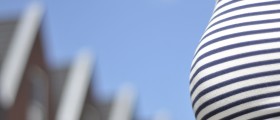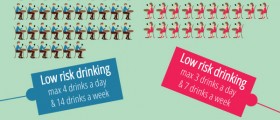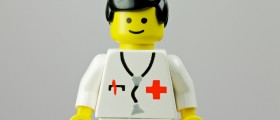
The question is, if you have been trying for a baby with no success, when is the right time to start fertility testing? The question of when to start fertility is simple enough. But the answer is not as clear-cut. Perhaps you think you just need to eat better, try harder, and make sure that you have intercourse during your most fertile days, when you are ovulating. Or perhaps you know that you are already doing all of those things right, and you are eager to start fertility testing as soon as you can.
If you are fertility doctors, the answer to this question will also vary. The appropriate timing to start fertility testing depends on your age and your health. Some doctors are happy to commence fertility testing after you have been trying for just six months, especially if both partners are over 35. Others insist that at least a year should pass from the time you started having unprotected sex. Yet others believe that a couple should have been trying for a baby for a minimum of two years, which holds true especially for those in their twenties. It does not do any harm to knock on a doctor's door if your failure to conceive has you worried about infertility. After taking your medical history and hearing about your attempts to conceive to date, your doctor will recommend how to proceed. Some fertility tests bring immediate results and are non-invasive, whereas others are expensive and can even require keyhole surgery.















Your thoughts on this
Loading...